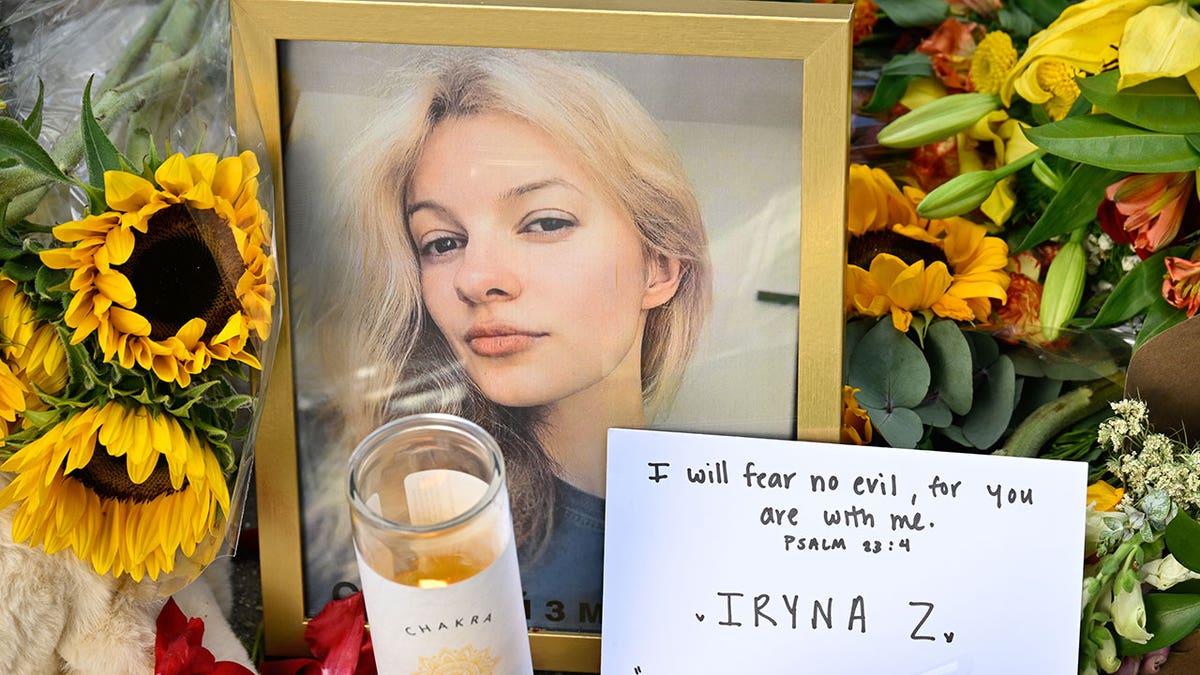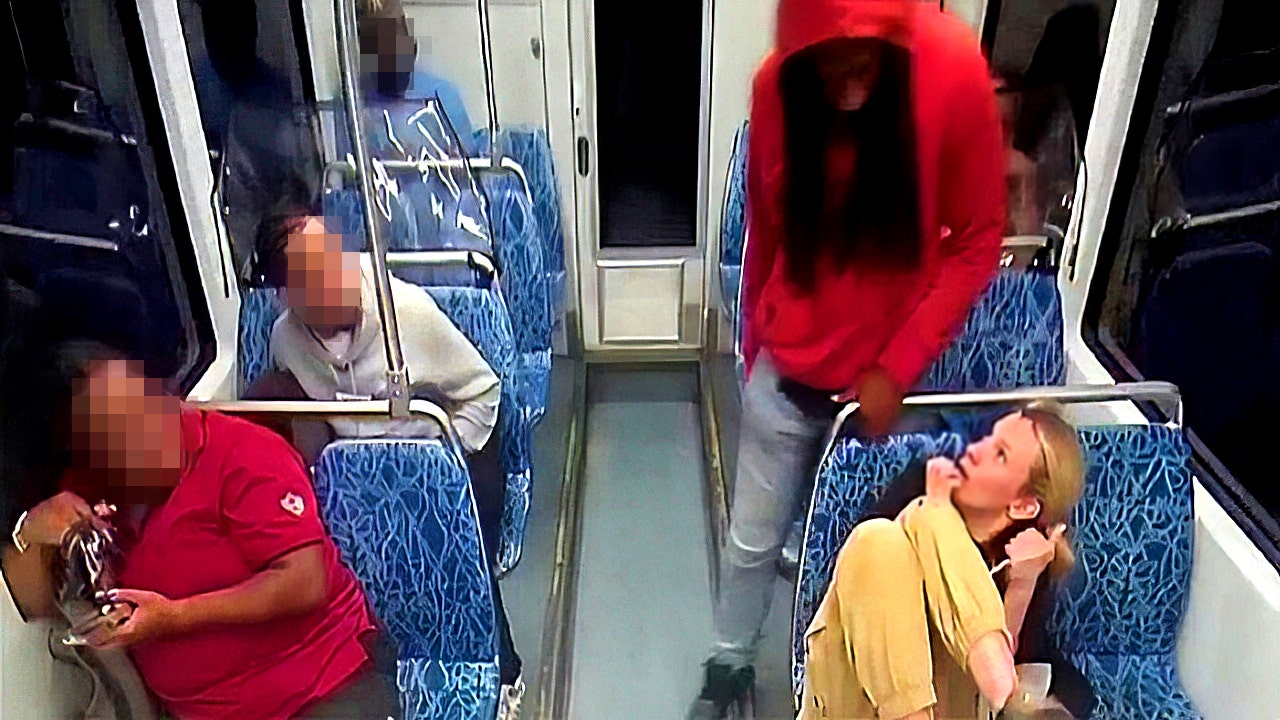NEWYou can now listen to Fox News articles!
In the wake of the stabbing death of Ukrainian refugee Iryna Zarutska on a Charlotte, North Carolina, light rail train, the state legislature introduced a bill to crack down on bail for violent offenders, drawing praise from one crime expert.
“You know, when you’re talking about a response to a case like the murder of Iryna Zarutska in North Carolina, I think what you want to see first and foremost is that legislatures are going to be responsive to the public policy problems that have been revealed by such cases,” said Rafael Mangual, a fellow at the Manhattan Institute and a member of the Council on Criminal Justice.
“And so I think, before getting into the details, it’s just important to acknowledge and express some appreciation for the responsiveness of the North Carolina legislature in this case,” said Mangual.
CHARLOTTE LIGHT-RAIL STABBING MURDER SPURS LANDMARK CRIMINAL JUSTICE REFORM FROM NORTH CAROLINA REPUBLICANS
North Carolina’s House Bill 307, called “Iryna’s Law,” broadens the term “violent offense” to include any felony crime where assaulting or using the threat of physical violence is an “essential element of the offense.” The bill then imposes strict bail guidelines for those who have previously been convicted of violent offenses, and even for first-time offenders.
It also eliminates no-cash bail completely and allows police and judges more discretion to involuntarily commit an offender if he or she is suspected of having mental health issues and violent tendencies.
“There is now going to be a rebuttable presumption of detention for at least some offenders who are charged with certain offenses. That is a good thing,” said Mangual.
The “presumption of detention” assumes that an alleged offender will be held in custody before trial, instead of assuming that they will be released on bail.

FELON INDICTED IN TRAIN MURDER AS ATTACKS TERRORIZE COMMUTERS IN BLUE CITY: REPORT
“What I would like to see in North Carolina’s bill as it goes through the debate and deliberation process is for the presumption of detention to be extended, not just based on the offense category, but also on the nature of the criminal history, so that individuals who are on parole or probation or have a pending case will face that presumption, where individuals who have more than 10 priors, for example, will face the presumption as well.”
Zarutska was just 23 when she was stabbed to death on Aug. 22 by a homeless man named Decarlos Brown near Charlotte’s uptown. Brown had a violent criminal past, including felony convictions and 14 prior run-ins with the law, and had previously been committed for mental health issues. He has now been charged with first-degree murder.
Mangual told Fox News Digital that implementing harsher bail policies for previous convicts and allowing for easier involuntary commitment are important steps forward, but North Carolina and other states need more space to house inmates in order for the policies to be effective.

LIBERAL MEDIA FUEL ‘REPUBLICANS POUNCE’ NARRATIVE AS CHARLOTTE STABBING OF UKRAINIAN REFUGEE SPARKS OUTCRY
“What we need to do is to make sure that our criminal justice systems are properly calibrated to identify those individuals, and that the mechanisms and systems are in place to take those individuals off the street and keep them there, so that we can all enjoy the safety that results from their absence in polite society,” he said.
Pointing back to the incarceration policies of the 1990s and 2000s, Mangual said that the United States knows how to keep violent offenders off the streets, which it had success doing during those decades.
But, he said, left-wing activists lack the “political will” to restore order.
“The reason that we’re not doing it so well anymore is that we’ve gotten to a place where we’ve allowed the activist class to convince policymakers that erecting those systems, and that the posture of those systems being so aggressive constituted a mass incarceration problem, [that] was feeding a kind of, you know, oppressive regime,” he said.
He recalled debating prison abolitionists at an event at the University of California — Berkeley Law School.

CHARLOTTE TRAIN STABBING PUTS NORTH CAROLINA COMMUTERS ON EDGE AFTER RANDOM ATTACK
“My takeaway from that experience was that what’s at the root of this isn’t necessarily a desire to see crime increase, but what’s really at the root of it is a very, almost unimaginable level of hubris,” he said. “These people who advocate for these policies advocate for them because they truly believe that crime is a function of things like socioeconomic inequality, poverty, unequal wealth distribution, unemployment and disinvestment in things like public education and other social safety net programs.”
Mangual doesn’t subscribe to that school of thought, and noted that every society in human history has had inequality and poverty. While he does not think opponents of crime crackdowns are evil, he does think activists are out of touch.

“These are people who are sort of ensconced in an academic ivory tower where they are consistently told that they are the smartest people in the world,” he said. “And so they reject solutions that they see as unsophisticated or simple or brutish in favor of these imaginary and theoretical solutions that frankly are never going to work.”
Read the full article here


